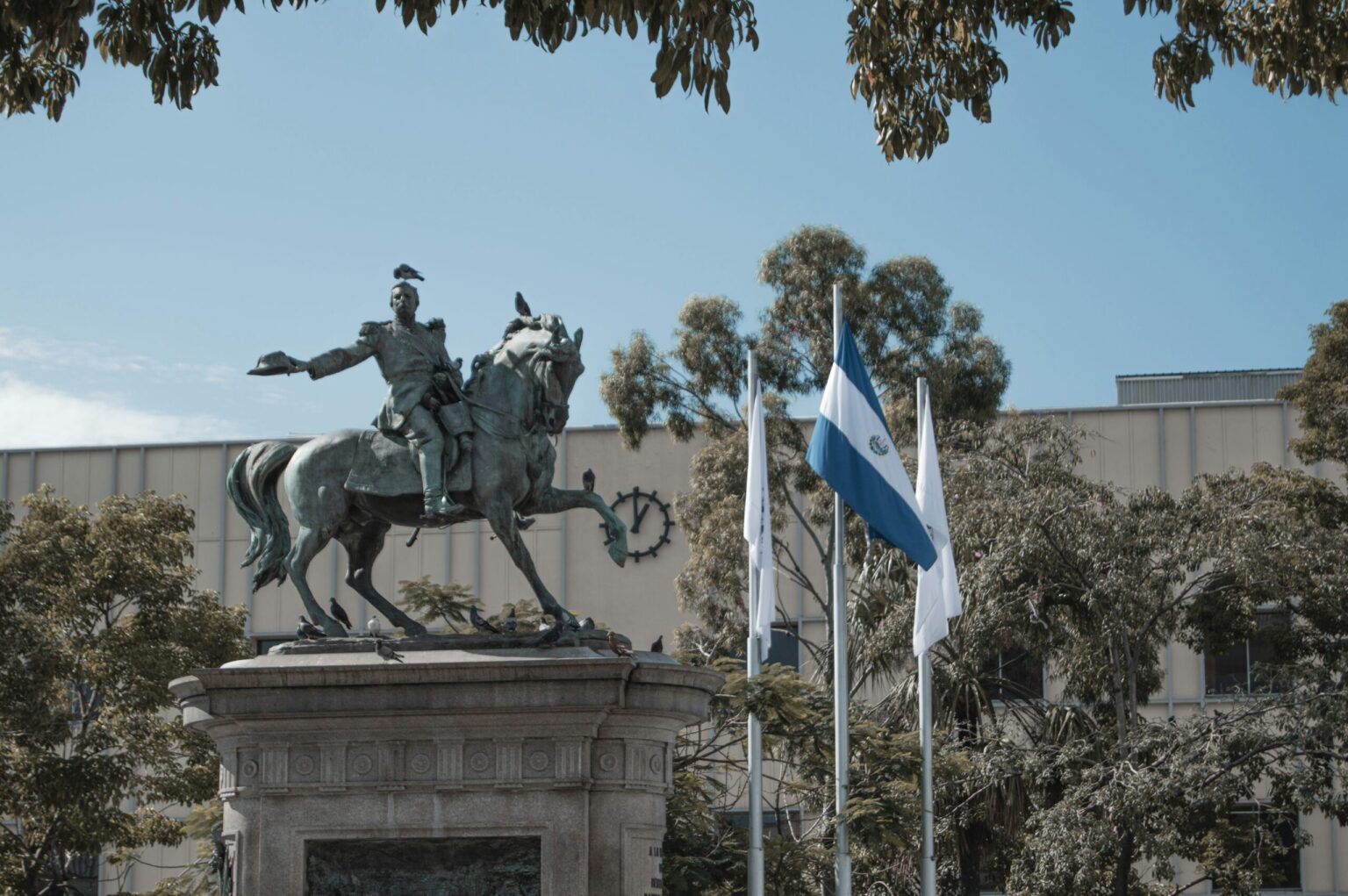In recent years, El Salvador’s audacious adoption of Bitcoin as legal tender became a pivotal moment in the global cryptocurrency landscape. The move promised economic innovation and a break from traditional financial constraints. However, recent revelations have emerged that challenge this narrative, revealing complexities behind El Salvador’s Bitcoin strategy. As the world watches, questions of transparency and trust have surfaced, offering crucial insights into the intersection of cryptocurrency and government policies.
El Salvador’s Bitcoin Journey: Unpacking the Reality Behind the Claims
Internal Wallet Maneuvers: The Illusion of Continual Buying
A recent study by the International Monetary Fund (IMF) has cast doubt on El Salvador’s reported Bitcoin accumulation strategy. Contrary to earlier claims, it appears that the increase in Bitcoin reserves was not a result of new purchases. Instead, movements within government-controlled wallets created the illusion of acquisition. These strategic transfers were reflected in public records, inaccurately presenting a narrative of active investment without actually utilizing public funds. Adjustments in the Chivo e-wallet also contributed to this portrayal, as they were internal modifications rather than market-driven actions.
Reversal of Bitcoin’s Legal Tender Status
In 2021, El Salvador boldly declared Bitcoin as legal tender, spearheading a global conversation on cryptocurrency’s role in national economies. However, recent developments suggest a shift in policy. Under pressure from international financial bodies, El Salvador reversed this decision in January 2025, removing Bitcoin’s legal tender status. This move was part of broader commitments to abstain from further Bitcoin purchases using public assets, a promise confirmed by the IMF’s latest assessments.
The Impending Chivo E-Wallet Withdrawal
According to new directives, El Salvador must conclude its public involvement in the Chivo e-wallet system by July 31, 2025. This deadline underscores a significant policy shift, aiming to enhance financial transparency and adherence to the IMF’s Extended Fund Facility stipulations. Additionally, the government has pledged to dismantle Fidebitcoin, a public Bitcoin trust, aligning with efforts to clarify fiscal operations.
Trust and Transparency Under Scrutiny
Financial analysts highlight the critical impact of trust in government declarations. The perception of ongoing Bitcoin purchases without actual transactions risks eroding credibility. Such discrepancies raise broader concerns about data integrity and narrative control, potentially affecting investor and citizen confidence. While the IMF acknowledges compliance with financial program goals, the effectiveness of these initiatives will become apparent in the coming weeks. The dismantling of Chivo and Fidebitcoin represents essential steps in reinforcing policy authenticity. However, failure to execute these measures may provoke skepticism regarding future cryptocurrency announcements.
What are the implications of El Salvador’s Bitcoin policy reversal?
The reversal signals a reevaluation of cryptocurrency’s role within El Salvador’s economy. It aligns the country with international financial regulations and aims to stabilize its fiscal environment. This shift could impact investor sentiment and the broader perception of cryptocurrency as a viable legal tender in national economies.
Will El Salvador resume Bitcoin purchases in the future?
While current commitments suggest a halt in Bitcoin acquisitions using public funds, future actions will depend on economic outcomes and government strategies. Monitoring policy developments and international financial relations will be essential to understanding potential shifts.
How does the Chivo e-wallet deadline affect El Salvador’s financial strategy?
Exiting the Chivo e-wallet system aims to boost transparency and reinforce fiscal discipline under international agreements. This step is crucial to maintaining the credibility of El Salvador’s financial commitments and aligns with broader efforts to stabilize the national economy.
By examining the intricate dynamics of El Salvador’s Bitcoin experiment, this guide sheds light on the intricate balancing act between innovation, transparency, and international economic obligations. As the situation evolves, staying informed about these developments becomes imperative for stakeholders and observers alike.

